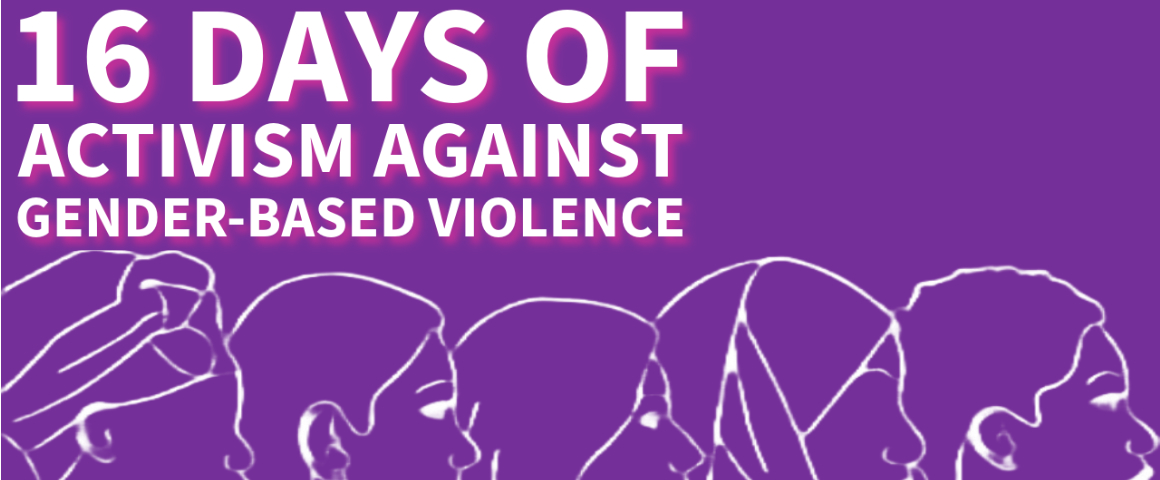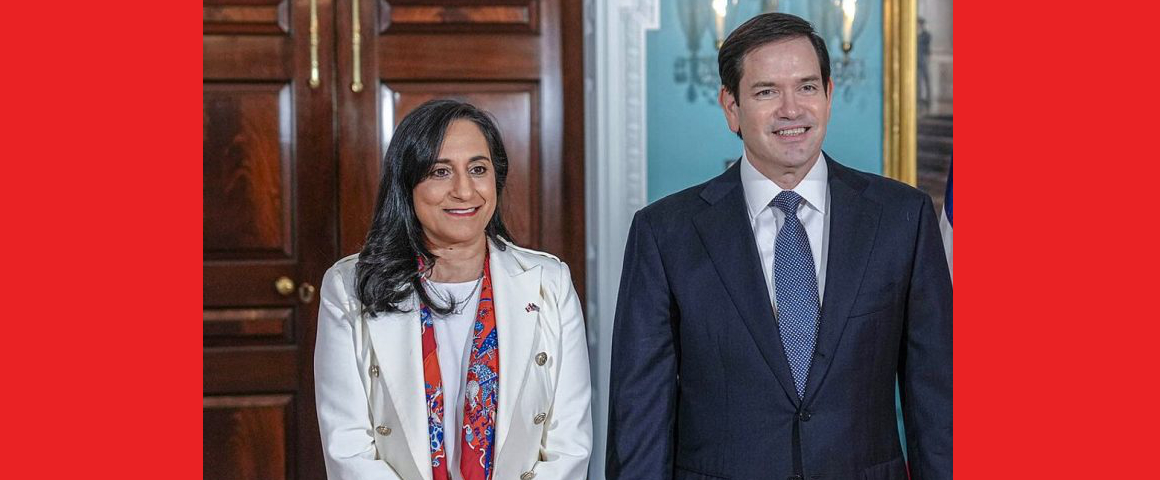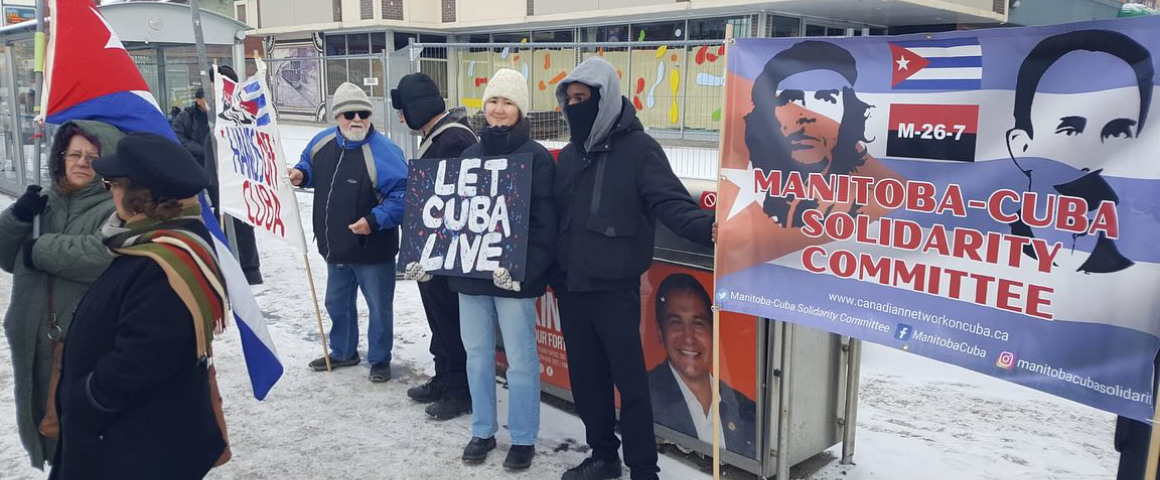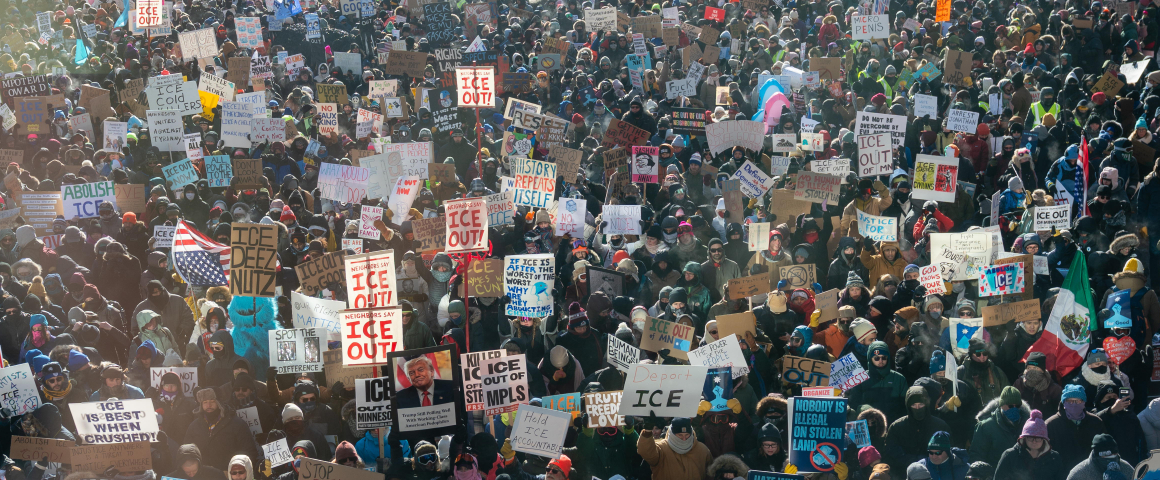By Mercedes Lima
In March 1999, the United Nations recognized November 25 as the International Day for the Elimination of Violence against Women. The date was chosen to remember the Mirabal sisters – Patria, Minerva and Maria Teresa, known as Las Mariposas (The Butterflies) – who were assassinated while fighting against Leonidas Trujillo’s bloody dictatorship in the Dominican Republic.
November 25 is the start of the 16 Days of Activism Against Gender-Based Violence. This annual campaign, which is rooted in the outstanding struggles of women and feminists, seeks to raise awareness among the world’s population about the types of violence against girls and women. The 16 Days ends on December 10, which commemorates the Universal Declaration of Human Rights which was published by the UN on December 10, 1948.
Domestic and state violence
Domestic violence is “any action or omission based on gender that causes a woman death, injury, physical, sexual or psychological suffering and moral or property [patrimonial] damage.” Domestic violence significantly affects the lives of women all over the world – women die every day as victims of femicide, most of them killed by their current or former partners.
In addition to violence in social relations, we also have what we call state violence. This can be seen in the express non-implementation of protective measures and in the absence of a state program which includes established terms for monitoring and evaluating, and a well-informed and fair judicial system whose decisions take into account issues of gender, race and class.
Femicide
The deaths of women as a result of gender-based violence – that is, because they are women – are known as feminicides. These crimes are usually perpetrated by men, mainly partners or ex-partners, and can extend to family members, neighbours and acquaintances. They usually arise from situations of domestic abuse, and often in situations in which the woman has less power or fewer resources than the man – in circumstances of financial dependence which prevent the cycle of violence from being broken.
Many types of violence
Physical violence is any conduct that offends a person’s bodily integrity or health.
Psychological violence is understood to be any behaviour or action that causes emotional harm or diminished self-esteem, that harms or disturbs a person’s full development, or that aims to degrade or control their actions, behaviors, beliefs and decisions, through threats, embarrassment, humiliation, manipulation, isolation, constant surveillance, constant persecution, insult, blackmail, ridicule, exploitation and limitation of the right to come and go, or any other means that harms psychological health and self-determination.
Sexual violence includes any conduct that forces a person to witness, maintain or participate in an unwanted sexual relationship, through intimidation, threat, coercion or use of force; that induces a person to commercialize or use their sexuality in any way; that prevents someone from using any contraceptive method or forces them into marriage, pregnancy, abortion or sex work, through coercion, blackmail, bribery or manipulation; or that limits or annuls the exercise of sexual and reproductive rights.
Property violence involves the retention, withdrawal or total destruction of objects, work instruments, personal documents, goods and values and economic rights or resources, including those intended to satisfy needs.
Moral violence refers to conduct that amounts to slander, defamation or insult.
Class-based feminism understands that a punitive approach alone will not resolve the issue without a consistent state program. We need government policy that is really aimed at ending violence against women, including educational programs that reject the sexist culture in our society.
A humanitarian cause
According to the UN, 70 percent of all women on the planet have suffered or will suffer some kind of violence at least once in their lives – regardless of nationality, culture, religion or social status.
The cause of November 25 is not only that of the injured woman, or the women who is shamed and attacked for declaring herself free in a country that calls itself civilized, or BIPOC women who are doubly oppressed for their gender and their colour.
This is a humanitarian cause. We need to move beyond words to action – to raise awareness and to not accept any form of violence motivated by sex, gender identity or racialization. We need to discuss a feminist public policy, with a view to gender, class and racial equality and combating sexism.
Mercedes Lima is a member of Brazil’s Coletivo Feminista Classista Ana Montenegro (Ana Montenegro Class-Based Feminist Collective). This article was translated from Portuguese and edited slightly for context by PV staff.
[Image: OFL]
Support working-class media!
If you found this article useful, please consider donating to People’s Voice or purchasing a subscription so that you get every issue of Canada’s leading socialist publication delivered to your door or inbox!
For over 100 years, we have been 100% reader-supported, with no corporate or government funding.




